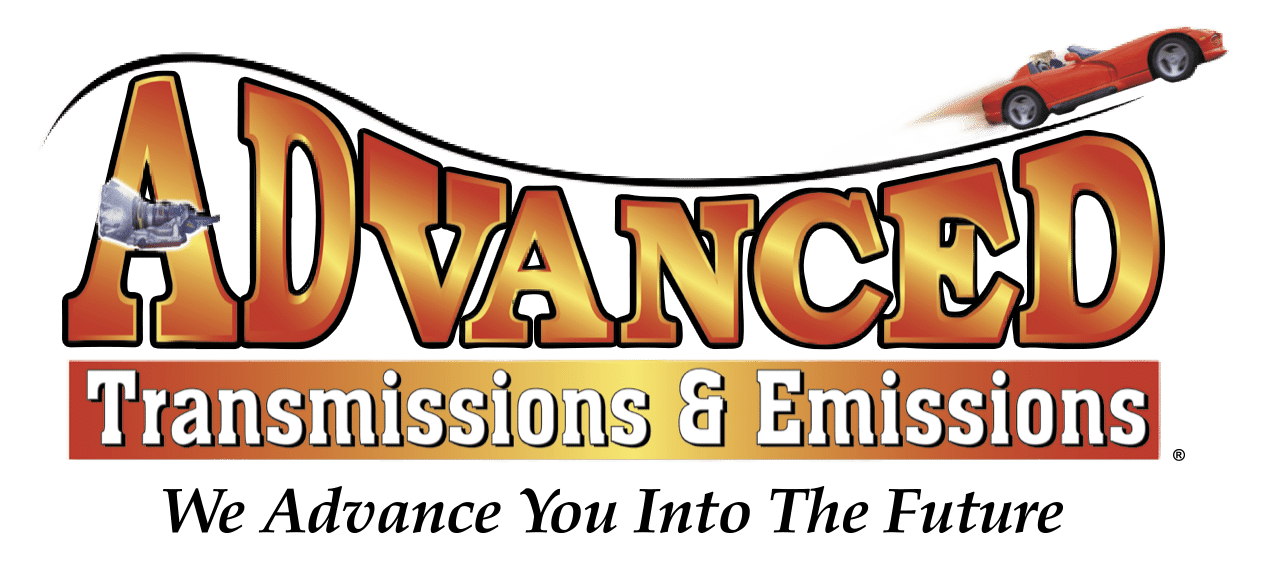If your vehicle’s transmission is having issues, you can normally tell. You likely will have problems shifting properly or something else pointing to troubles ahead. A car’s transmission is one of the most critical components of the vehicle, so if there are complications with it, the sooner you know the better. After all, the goal of having a car, truck, or SUV is being able to drive it to get you to where you need to go, if it isn’t working or functioning as it should, it isn’t doing its job. To help you identify a problem early, we are going to review five transmission issues that most commonly occur.
Let’s first have a refresher on what your vehicle’s transmission is and why it is important?
If you aren’t a car enthusiast or mechanic, you may know as little as you possibly can about your transmission. We are here to help.
A vehicle’s transmission is what moves the power from the engine to the wheels, which in turn, rotates the wheels. To keep it simple, your transmission is what makes your wheels move and enables the gear ratio between the drive wheels and engine to adjust as the car slows down and speeds up.
There are different types of car transmissions: automatic and manual. The exact way your transmission works is based on the on the type of transmission. We aren’t trying to make you an expert on transmissions today, we just wanted to give a general idea, because like many of your other vehicle components, since the transmission is usually out of sight and out of mind, it is normally not thought about; however, there can be some early signs that troubles may be ahead and when caught early, they can mean less money and downtime.
The five transmission issues that most commonly occur.
When it comes to transmissions, Advanced Transmissions & Emissions are your Phoenix transmission experts. We have seen just about everything, but some issues are more common than others. Below we review the five transmission issues that we most often see in our shop.
- Low, Dirty, or Leaking Transmission Fluid: Some of the most common transmission problems are usually caused by an issue with the transmission fluid. A leak is probably the most recognizable symptom of an issue and should be repaired as soon as possible. Your transmission relies on transmission fluid to lubricate the moving parts inside your transmission. If it is leaking, dirty, or low, it could create much larger issues for you and your vehicle. A leak is a sign that there is something wrong that needs to be addressed. Low or dirty transmission fluid can cause your transmission to work harder and hotter and that can also create a whole slew of problems. Check your transmission fluid level periodically to ensure it is within the right levels and is not contaminated.
- Lack of Response or Issues when Shifting: Out of the five transmission issues that most commonly occurs, this one is probably the most noticeable. Vehicles should effortlessly shift from one gear to the next, almost without the driver noticing. A vehicle should shift gears quietly and unnoticeably. Any car or truck that produces a loud thud or any other noise, or jerks and shakes as it shifts, has a transmission that is struggling. If your car doesn’t switch gears as you go from drive to park or speed up, that is likely a sign of a failing transmission. If these parts or systems of your transmission, that control shifting, have a problem, you’ll find your car unable to shift correctly or at all.
- Clutch Problems: Your vehicle’s clutch is the link between the engine and the transmission, which means it plays an extraordinary role in any vehicle’s everyday workings. The clutch essentially transfers rotational power from the engine to the wheels in your vehicle. They also play significant roles in shifting, stopping, and turning the car, truck, or SUV off. If there is an issue with your vehicle’s clutch it can cause your car to feel like it is shaking, grinding, vibrating, or shuddering. When your vehicle is giving you new feels, there may be a problem with the transmission struggling to engage as it should, causing a rough ride.
- Slipping Gears: Slipping gears refers to when your vehicle suddenly shifts when it shouldn’t and the engine seems like it is revving higher than it should. For instance, if you drive at a steady 25 miles per hour, the car should not change into the next gear, gears should lock in immediately. If you notice a delay when stepping on the gas, have high RPM, hear strange noises, or more, you likely have a transmission problem.
- New Noises or Smells: If you hear new noises coming from your vehicle, the noise could be pointing to a problem with your transmission. When you hear a humming or whining sound coming from your vehicle that doesn’t sound normal, it could mean that your transmission is failing. New smells can also help you sniff out a problem. A smell can tell you a lot about your transmission, particularly if you smell a burning odor. A burnt smell coming from your transmission, usually indicates that the transmission fluid has broken down and the system is burning too hot leading to an increase in friction and corrosive activity in the engine.
While your transmission can have a number of problems, above we have reviewed the five transmission issues that most commonly occur. Being aware of these signs that you may have a problem, can help you stay on top of having a working vehicle. If you notice anything different about the way your vehicle is handling, you should always take it to a local Phoenix automotive shop as soon as possible.
Advanced Transmissions & Emissions specializes in transmission repair, rebuilding, and remanufacturing, and all of your other automotive repair needs from clutches, air conditioning, steering, suspension, and more. We are a Phoenix full-service auto mechanic repair shop. If your check engine light is on, call us, we can do a diagnostic check while you wait.
Contact us today to schedule an appointment.




